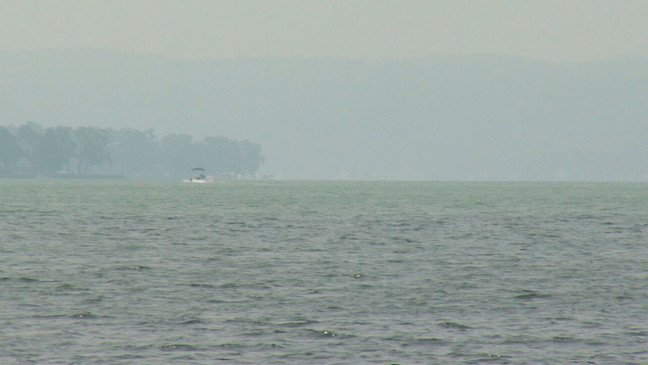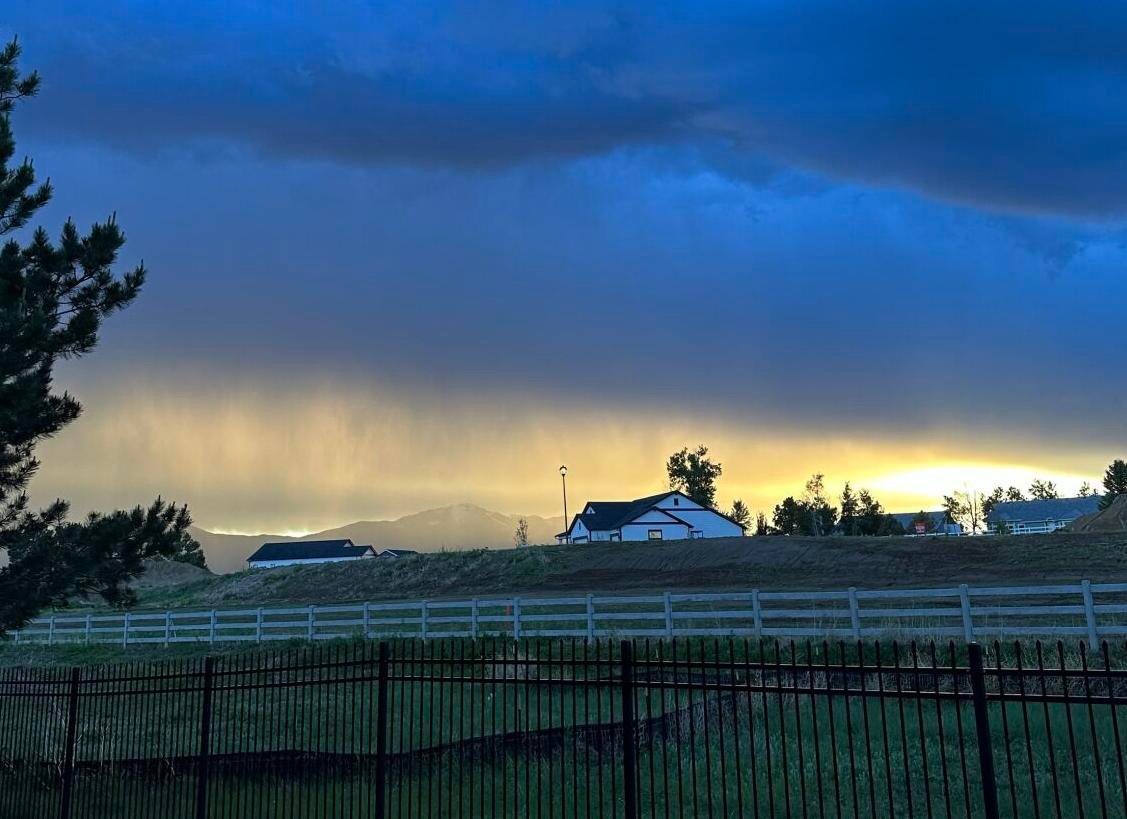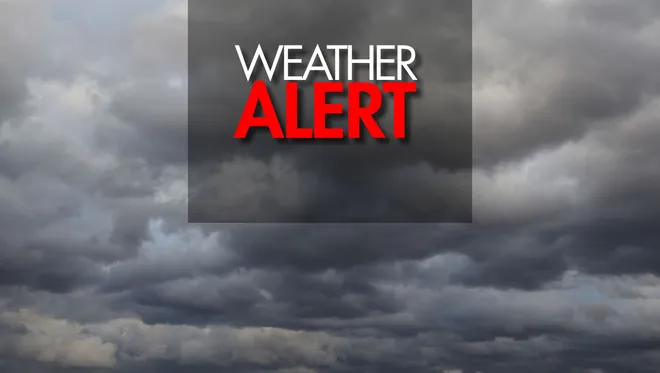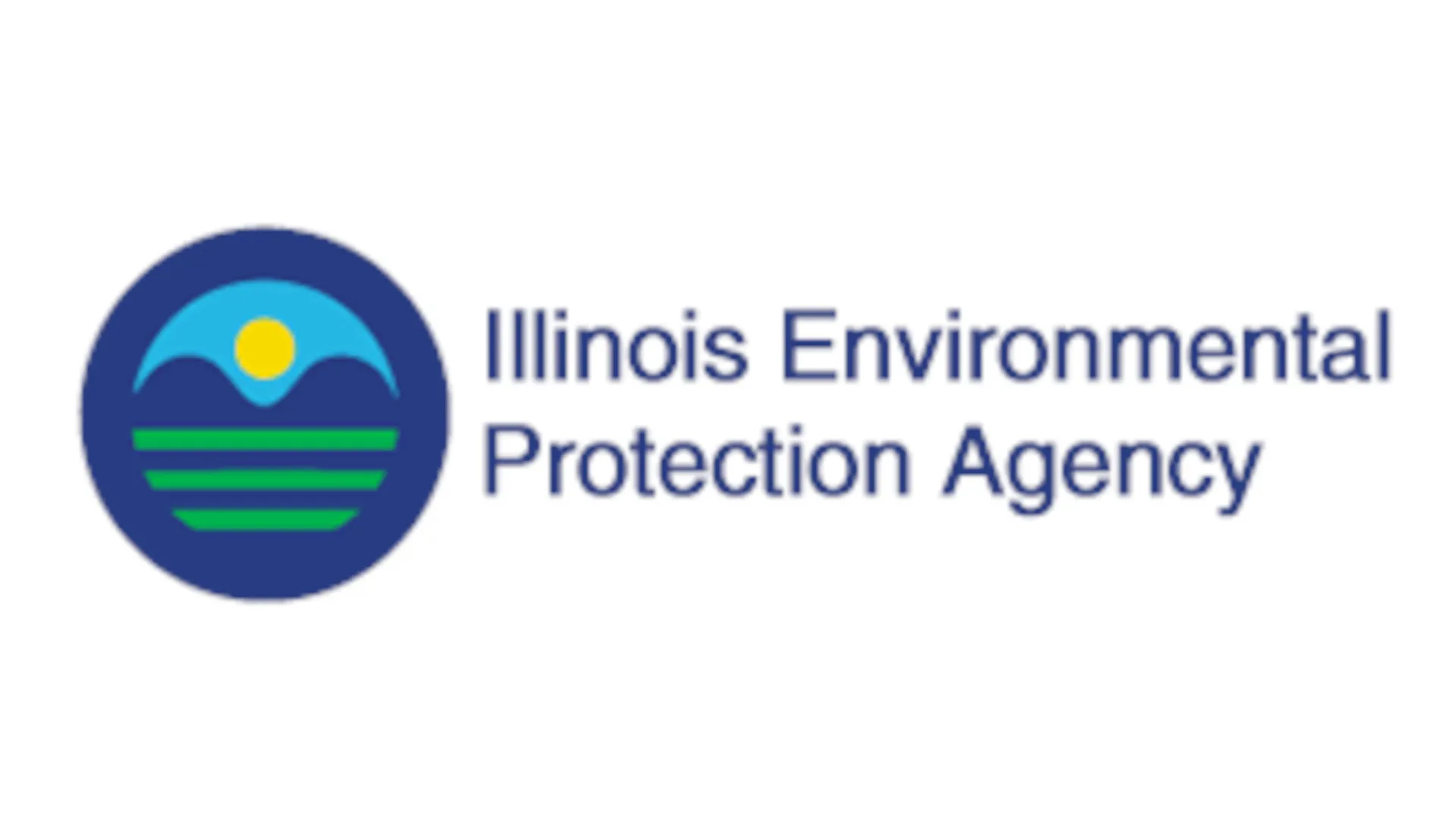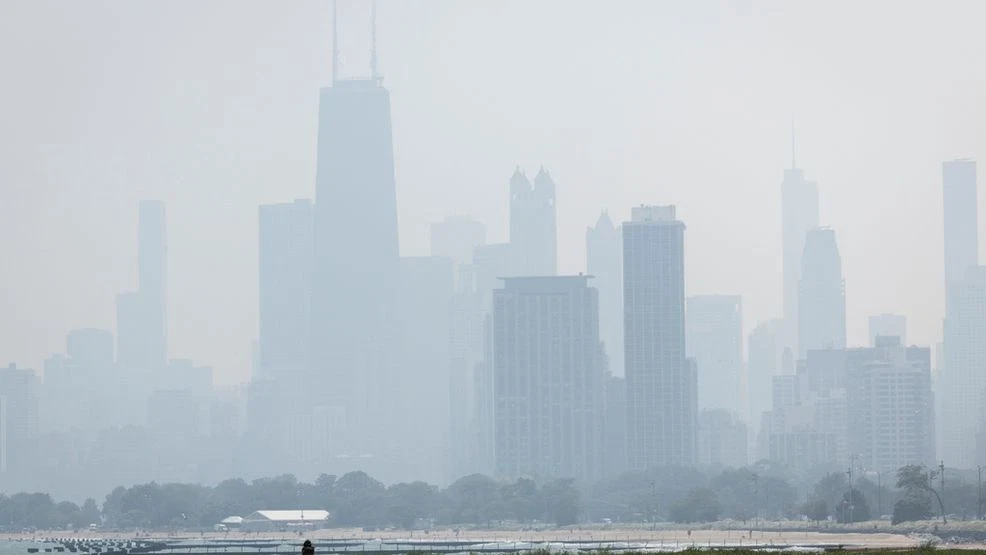CHICAGO — For the second straight day, the air quality across Chicago and parts of Northwest Indiana has dropped to concerning levels due to smoke from Canadian wildfires, prompting health alerts and government advisories across the region.
The National Weather Service and the Illinois Environmental Protection Agency (IEPA) have issued an air quality alert covering wide portions of the metro area as well as surrounding counties in both Illinois and Indiana.
Counties Under Alert
In Illinois, the affected counties include:
- Cook (including Chicago)
- Lake, McHenry, Kane, DuPage
- Kendall, Grundy, and northern Will
In Northwest Indiana, alerts are in place for:
- Lake
- Porter
- Northern LaPorte
- Newton
The warning stems from PM2.5 levels — tiny particulate matter from wildfire smoke that can penetrate deep into the lungs and trigger serious respiratory issues.
Health Impact and Current Air Conditions
As of Tuesday morning, Chicago’s PM2.5 level was recorded at 115, placing it in the “Unhealthy for Sensitive Groups” range, according to AirNow.gov. That category signals elevated risk for:
- Children
- Seniors
- People with asthma, COPD, or other respiratory conditions
The risk is intensified by hot, humid conditions, with temperatures expected to reach the low 90s. Health officials are urging at-risk individuals to limit outdoor activity, especially exercise or labor-intensive work.
Illinois EPA Declares “Air Pollution Action Day”
In response, the Illinois EPA has declared an Air Pollution Action Day, calling on residents to:
- Reduce car trips and combine errands
- Avoid using gasoline-powered lawn equipment
- Conserve energy at home and work
Kim Biggs, spokesperson for the IEPA, said the poor air quality is being driven by a combination of smoke from Canadian wildfires, elevated ozone levels, particulate buildup, and low wind speeds — a dangerous summer mix.
“These pollutants can cause breathing issues even in healthy adults, but especially in sensitive individuals,” Biggs told the Chicago Sun-Times.
Wildfires in Canada, Impact in the Midwest
The haze blanketing Chicago originates from wildfires in Manitoba, where a state of emergency remains in effect. Though the fires are hundreds of miles away, prevailing winds have carried smoke southward, affecting air quality across the Midwest.
As reported by NBC Chicago, residents are advised to monitor local air quality and stay indoors whenever possible, especially during the peak afternoon hours when pollution levels rise.
Have you changed your routine due to the air quality alerts? Let us know how your family is adapting in the comments at ChicagoSuburbanFamily.com.



